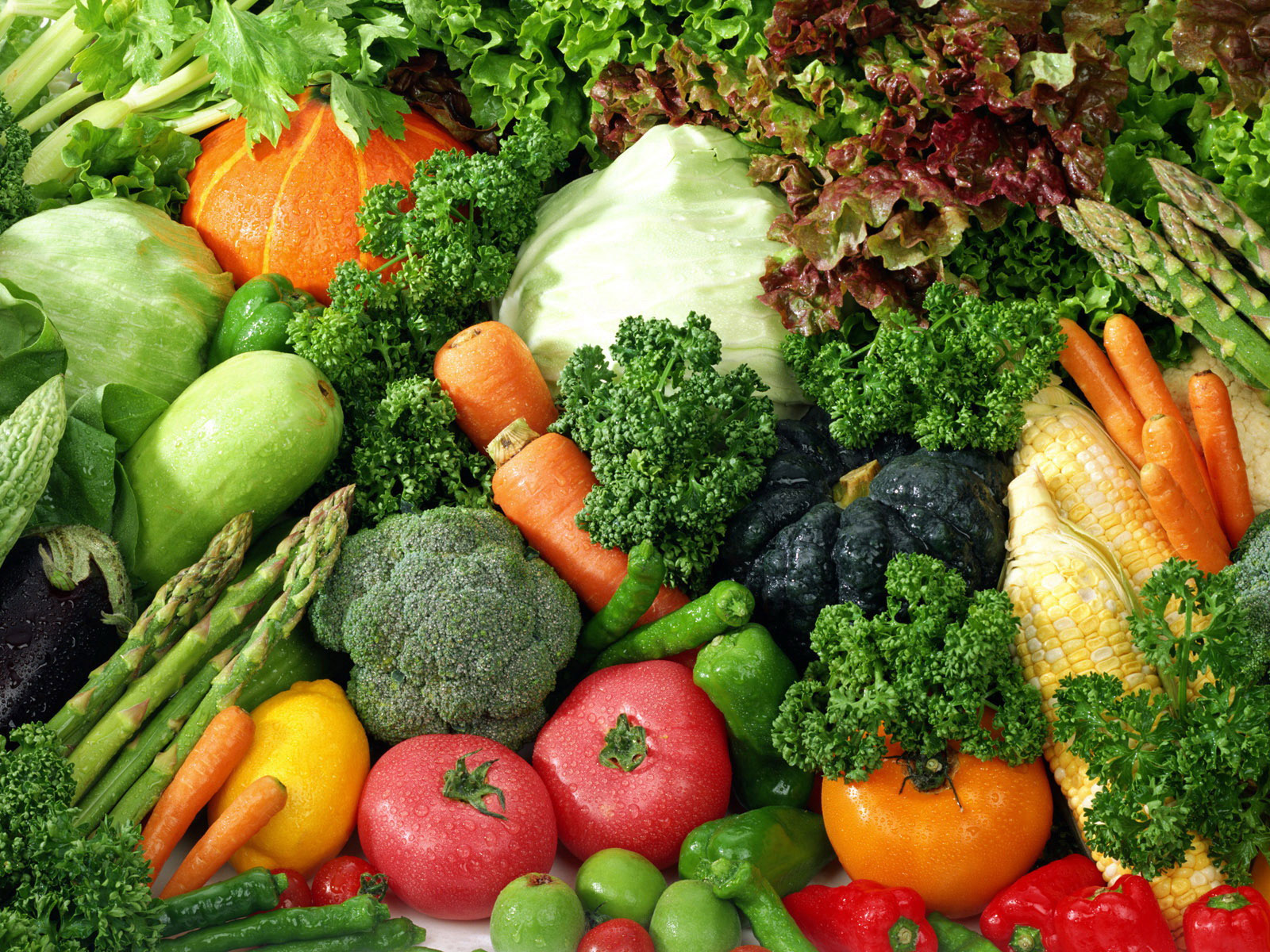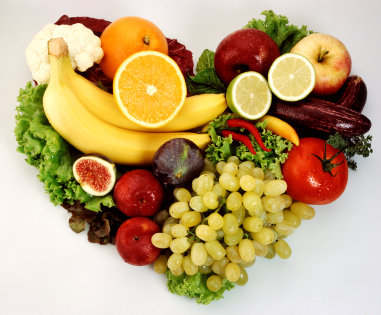This?

Or These?


The making of a naturalistic chiropractor
Thinking back over my life I can remember some instances that were important in shaping my naturalistic attitude towards my own personal relationship with food and becoming a doctor of chiropractic and clinical nutritionist. I grew up in dairy farm country in upstate New York where the locals and my parents still knew how to grow their own vegetables and maintain their own fruit orchards. We canned at harvest time and we made big barrels of sauerkraut and even hard cider. Raw milk was a staple of the diet and we made our own butter by churning that luscious layer of butterfat that we skimmed off the top of the milk jug. Buttermilk was a treat and was part of the milk souring process as was yogurt and cottage cheese. We raised our own hens, who laid free range organic eggs everyday. We also sacrificed a bull calf and a pig now and then as well as some hens to provide our meat. Fish were usually taken from the local streams and rivers and fishing provided much family fun and adventure on Sunday afternoons. We also hunted deer and small game in the autumn which added to the variety of meats that we commonly ate.
The garden
The garden was usually planted in the front of a tilled field that was planted with cow food crops such as oats, corn or buckwheat. We didn’t have rototillers so we did the harder work of pushing a small plowshare or tongs to turnover and mound the soil or just cultivate the soil for weed control and aeration. In upstate New York we rarely had a shortage of rain so it wasn’t necessary to irrigate. The one disadvantage we had was a short growing season. We usually used Memorial Day weekend as the seed planting time to avoid a late spring frost and we harvested the garden throughout the summer depending on the growth cycle of the various vegetables that we planted. The root vegetables like carrots, beets and parsnips were late harvest veggies. There were a number important facts that we needed to know in order to keep the garden successful, like when certain vegetables go to seed like carrots and dill and how long it takes for other vegetables to mature such as asparagus and rhubarb. I remember the special attention my Dad would give to the garden plot soil throughout the year. He would always mound some of the cow manure, usually in the dead of winter when the snow was too deep to spread it on the fields. After the winter manure mound aged for a few years he would then till that black warm manure soil into the garden plot in the early spring. The soil in the garden plot was unlike any other soil on the farm. It was soft and easy to till and most of the rocks had been removed. It was a darker color and it absorbed the rainwater which made it moist instead of hard and clay-like during times of drought. As children we had the job of potato bug control and what ever other worms or insects needed to be picked off of the plants and placed in our canfor disposal. I can remember Dad always saying that a key to having enough vegetables is to always plant extra in order to feed the unwanted insects and animals like potato bugs, Japanese beetles, deer and raccoons. This rural farm life experience was very nurturing and important in shaping my own personal relationship and cultural connections to food.
Natural vs. synthetic food culture
In 2016 America, just fifty years later, it is unusual to meet young adults that grew up in such a farm community setting. The U.S. has radically shifted from a local rural farm food society to a centralized and distant corporate food society. The cultural connections to food have mostly been relinquished. One action step that we can still take is by planting some vegetables with our children in the backyards of our homes. It is easy to build some raised beds or boxes and begin the process of nurturing the soil and developing an organic soil base. This is a wonderful way to get the children reconnected with what food is and how it grows. For you and your children to nurture and harvest the very food that is going to nurture and support your bodies is a special experience and you are creating the opportunity for your children to participate in and develop their own food culture. Knowledge of what foods are good for you is important and the experience of growing and harvesting some of those foods creates a deep and everlasting connection. Tastes and aromas are developed and remain desirous for the rest of you and your family’s life. Give this a try and reconnect your primal brain to our primal earth. Replacing synthetic edible food like products with real live foods and natural living could greatly enhance you and your family’s life and well-being.
Keep it natural,
Dr. John E. Weisberg
